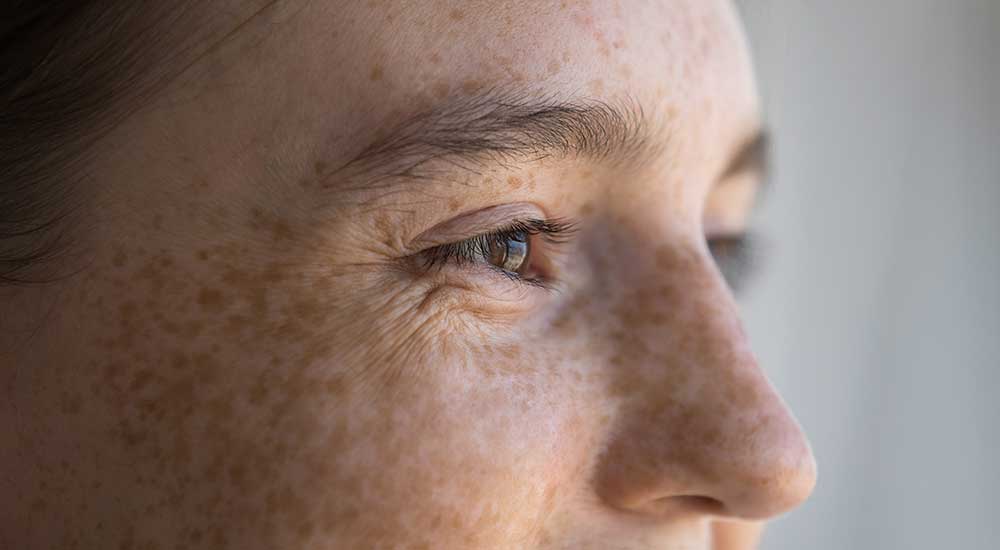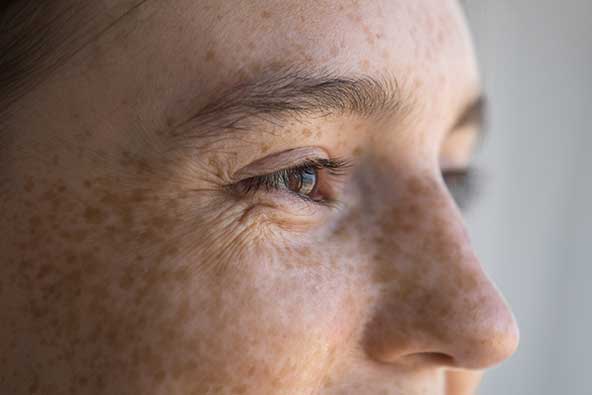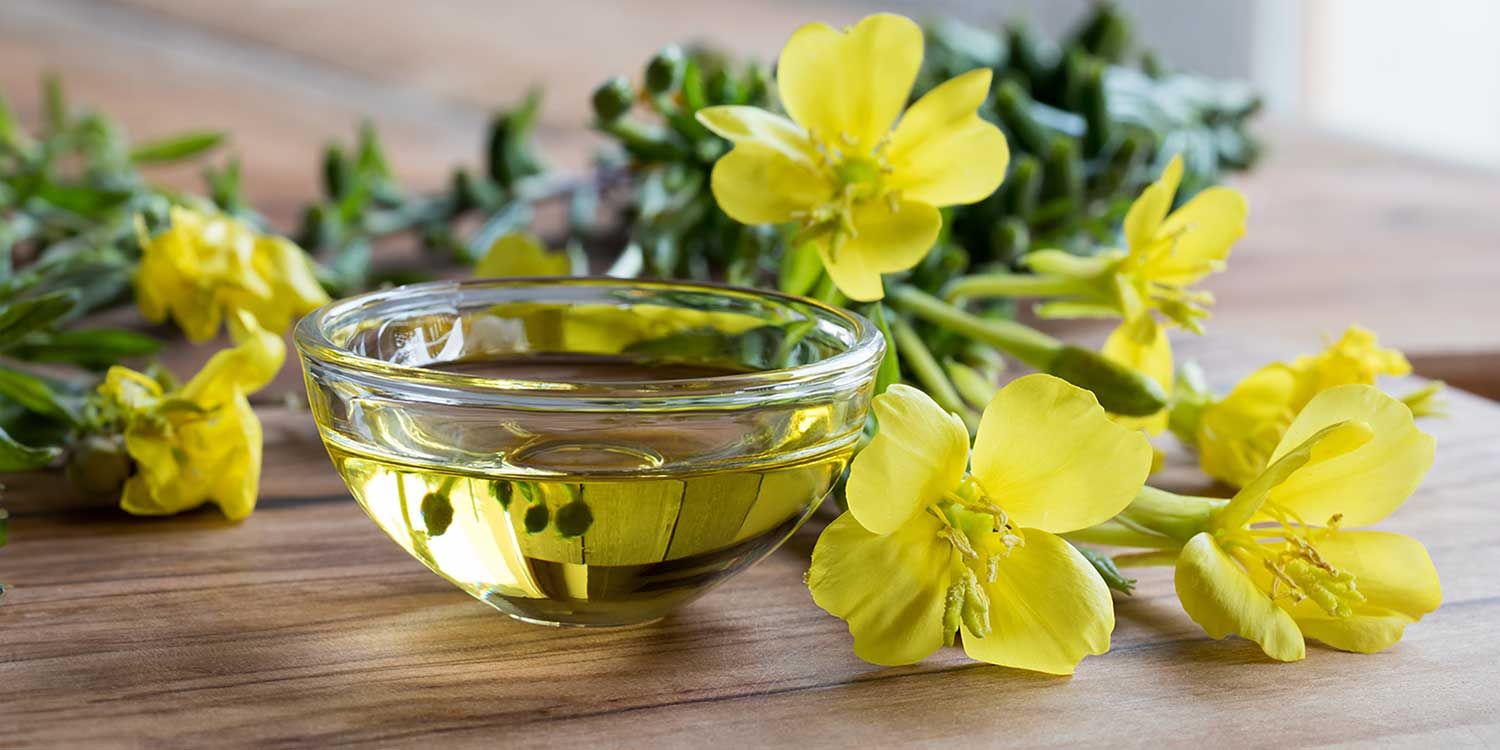GLA is an abbreviation of gamma linolenic acid, (English, Gamma Linolenic Acid). It is an important unsaturated fatty acid in the omega-6 group. Unsaturated fatty acids are fats found in, among other things, nuts, seeds and oily fish.
GLA is extracted from the seeds of, among other things, evening primrose oil. Evening primrose oil has several important bodily functions, but perhaps the most important is that it contributes to hormonal regulation and to the skin, which we will talk more about below.


The skin
Evening primrose oil, which contains GLA, contributes polyunsaturated fats that are needed for important physiological functions, which include normal skin and are therefore important for a healthy, problem-free complexion. GLA can be used directly on the skin or as a dietary supplement.
A study was done on 45 women with dry and sensitive skin, and where supplementation of GLA from evening primrose oil at a dose of about 2 grams per day improved skin hydration, roughness and scaling. (1) This may be due in part to its ability to restore the skin to its natural pH level. A correct pH value allows the right microbes to thrive on the surface of the skin. When the skin microbiome (the bacterial protection on the skin) gets out of balance, skin conditions and disorders can occur.


Menstrual discomfort
For women who have problems with PMS and menstrual cramps, it may be worth trying evening primrose oil, which helps maintain hormonal balance. Consuming evening primrose oil provides polyunsaturated fats that support a normal, healthy attitude during the menstrual cycle. The fatty acids in evening primrose oil also contribute to maintaining optimal comfort during menstruation.
Källor
(1) Henz, B. M. et al. “Double-blind, multicentre analysis of the efficacy of borage oil in patients with atopic eczema.” The British journal of dermatology. 1999.
Grice, Elizabeth A, and Julia A Segre. “The skin microbiome.” Nature reviews. Microbiology. 2011.
